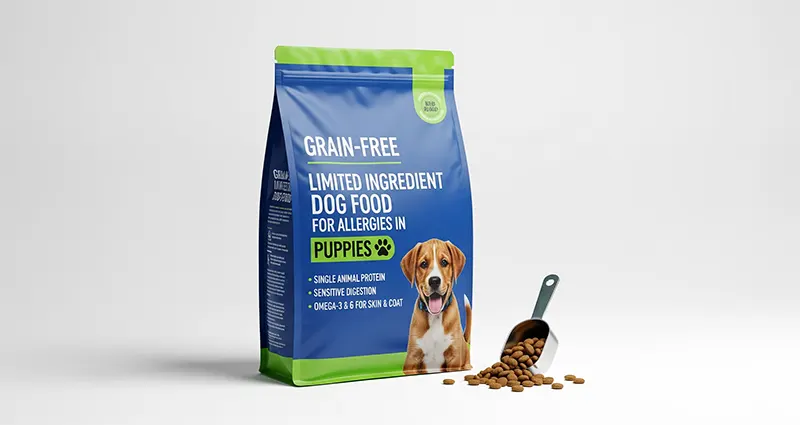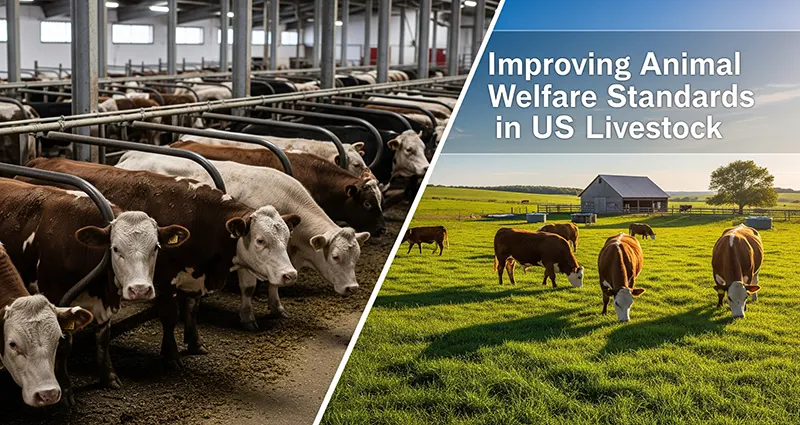Grain-Free Limited Ingredient Dog Food for Allergies in Puppies
Puppies are energetic bundles of joy, but for some, allergies can turn mealtime into a challenge. Food allergies or sensitivities in puppies often manifest as itching, digestive upset, or skin irritation, impacting their comfort and development. For pet owners seeking effective dietary solutions, grain-free limited ingredient dog food has emerged as a popular and practical choice to manage allergies in puppies.
Understanding Allergies in Puppies
Food allergies in puppies typically arise from immune reactions to specific proteins or additives found in conventional dog food. Common allergens include grains (such as wheat, corn, and soy), dairy, and certain meat sources like beef or chicken. Symptoms can vary but often include:
- Itchy or inflamed skin
- Excessive scratching or licking
- Ear infections
- Vomiting or diarrhea
- Poor coat quality
Diagnosing food allergies usually involves an elimination trial under veterinary supervision, where suspected ingredients are removed and gradually reintroduced to identify triggers.












